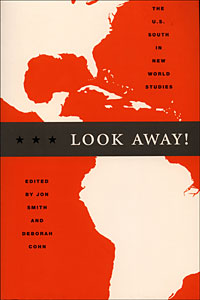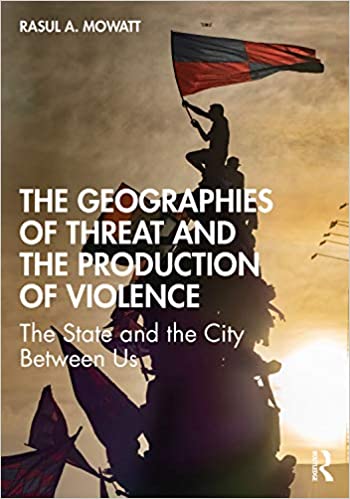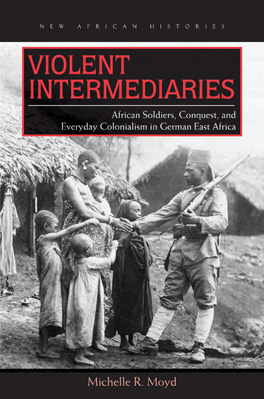Look Away!: The U.S. South in New World Studies
Deborah Cohn
co-edited with Jon Smith
Duke University Press, 2004
Look Away! considers the U.S. South in relation to Latin America and the Caribbean. Given that some of the major characteristics that mark the South as exceptional within the United States—including the legacies of a plantation economy and slave trade—are common to most of the Americas, Look Away! points to postcolonial studies as perhaps the best perspective from which to comprehend the U.S. South. At the same time it shows how, as part of the United States, the South—both center and margin, victor and defeated, and empire and colony—complicates ideas of the postcolonial. The twenty-two essays in this comparative, interdisciplinary collection rethink southern U.S. identity, race, and the differences and commonalities between the cultural productions and imagined communities of the U.S. South and Latin America.






